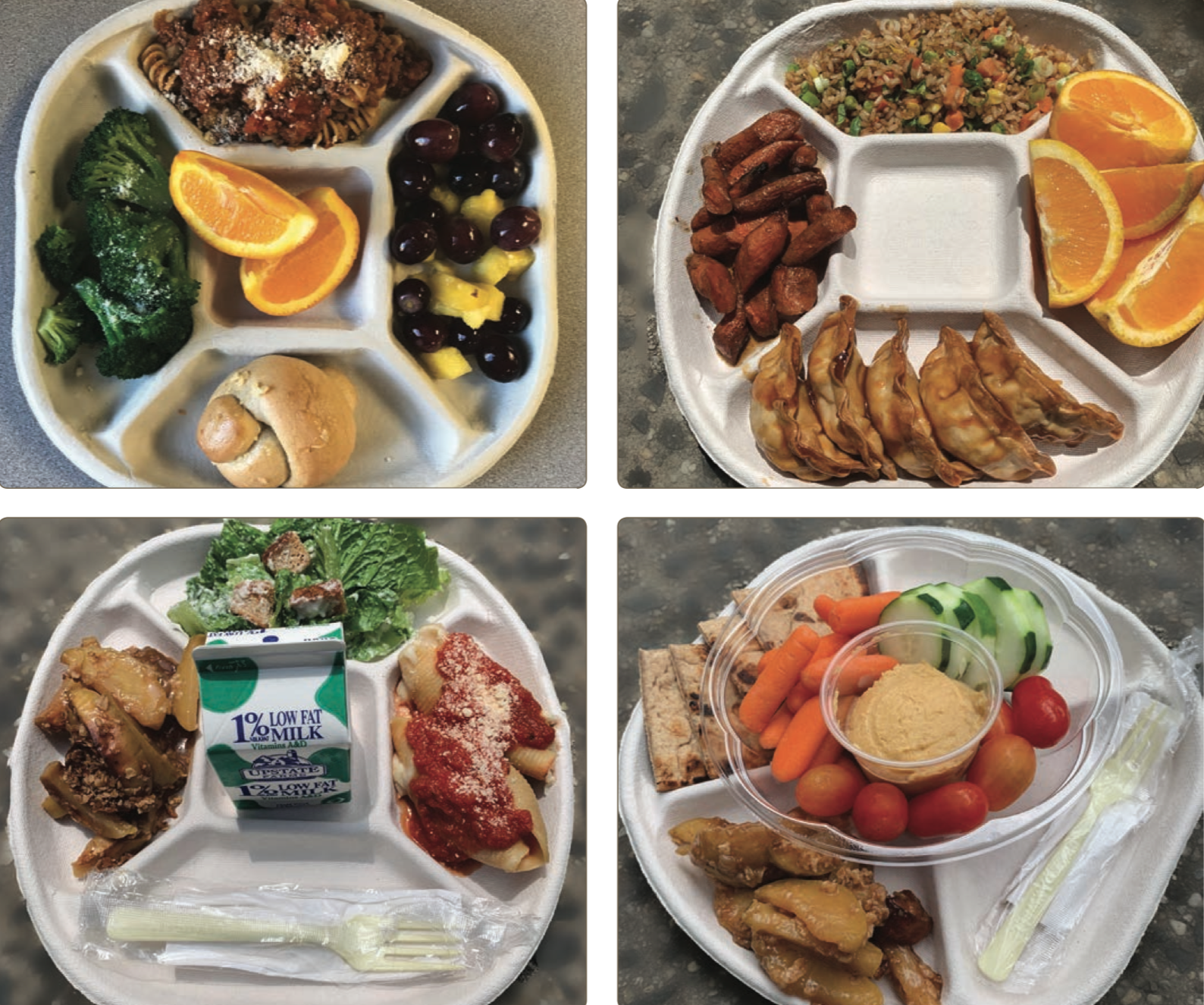In the mid-1990s, I interviewed David Berkowitz, the Director of what was then called NYC SchoolFood, or the Office of School Food and Nutrition Services, about the prospect for a system-wide return to scratch cooking. His answer was quick and definite: “that’s not going to happen.” He explained about the fire safety rules and their implications for equipment and remodeling. “I grew up with scratch cooking,” he said. “I think it is fabulous. I wish we could do it. It’s not realistic.” His certainty made a deep impression on me, and I approached the scratch cooking pilot with considerable skepticism. It is a good thing for our 1.1 million students that current leaders of the Office of Food and Nutrition Services [OFNS] have demonstrated a greater sense of what’s possible and a willingness to take risks to explore scratch cooking options. A new report from the Tisch Center at Teachers College, Columbia, Cooking Outside the Box, provides a readable and comprehensive account of the two year project, called RSCP for Return to Scratch Cooking Pilot, that has demonstrated that conversion to total scratch cooking is possible. I’m glad the Tisch report is so clear and accessible, because it is important to get the word out: Scratch cooking in school kitchens can be done!
It is exciting to find that two kitchens serving five schools in the Bronx have successfully transitioned to full scratch cooking with guidance and assistance from Chefs Dan Giusti and April Kindt of Brigaid. Bravo! At the same time, it is daunting to learn of the challenges encountered in making this change. The fact that student meal participation declined in the pilot schools is disappointing, but not surprising to anyone deeply versed in the dynamics of student choice and participation. When I was conducting research on school meals for my book on school lunch Free for All, I visited a school kitchen in Healdsburg, California, where the kitchen crew was making wonderful fresh burritos from scratch. However, the food service director had a supply of frozen, name-brand burritos she had inherited from her predecessor, and budget considerations required her to offer these as well. To her sorrow, many students continued to choose the familiar, foil wrapped commercial product. Change is hard and scary. To me, the student participation results in the RSCP suggest that more effort needs to be invested in engaging students and parents in the process of change. Fortunately, OFNS is actively cultivating relationships with community partners to help in this task.
I welcome the shift in emphasis from converting individual schools to complete scratch cooking, one by one, to expansion of scratch cooked items and menus throughout the system. This less “purist” approach strikes me as both more equitable and more efficient, but I hope that the investment in staff training—in reskilling the kitchen staff—will not be diminished along the way. Further, I hope that as kitchen staff members build culinary skills, their compensation can be increased to recognize their higher value; one concern I did not find amply discussed in the report.
In order for the transition to scratch cooking to continue, the city must make significant investments, particularly for kitchen retrofit and equipment and employee training. Also vital is committed leadership from OFNS. Superintendents and principals need to embrace the concept of school food as an integral part of the school day, an important learning experience, and make sure that students have adequate time to eat. The report makes it clear that the OFNS leadership is on board. The City Council has expressed interest; we shall have to wait to see if it will put its money where its mouth is. Public and especially parent engagement can keep the pressure on the budget process and help convince school administrators of the importance of healthy, appetizing food at school.
By Janet Poppendieck, Senior Faculty Fellow, CUNY Urban Food Policy Institute and Professor Emerita, Hunter College, CUNY
Additional Resources
Andrea Strong, Dec 9, 2019, “NYC Public Schools Can Serve Real Food, But Will They? A new study finds it’s doable — and the long-term benefits are worth it.” Medium. Read more at: https://heated.medium.com/nyc-public-schools-can-serve-real-food-but-will-they-4a041fa5b781
